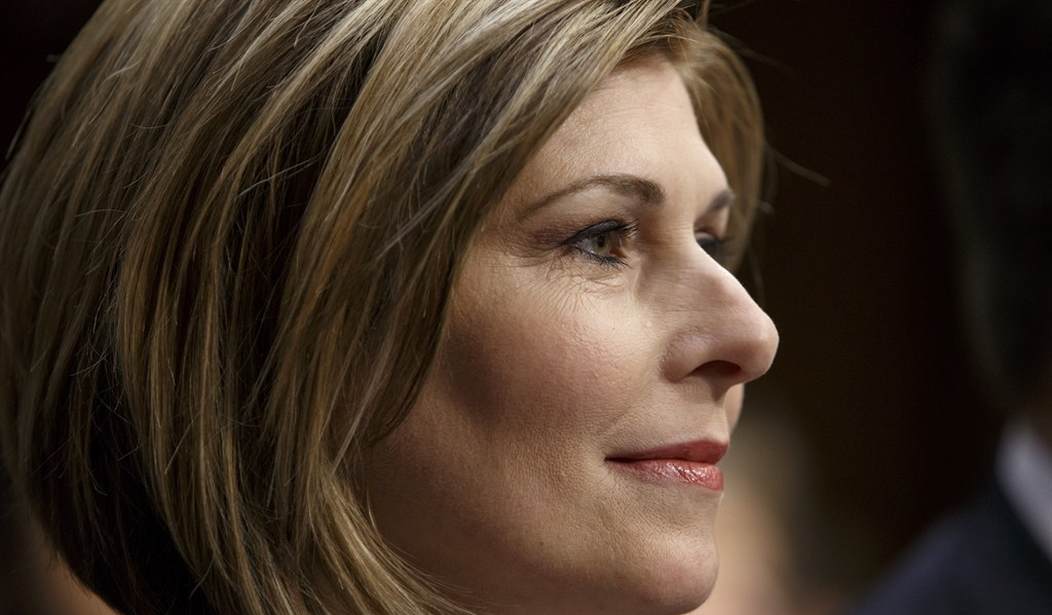While good investigative journalists protect their sources and any information that could lead to the discovery of a source's identity, there's no federal law protecting journalists who refuse to reveal their sources and no law preventing courts from ordering a journalist to reveal their sources. Some journalists have even had their communications with sources and potential interviewees secretly monitored by government agencies, and there's no accountability for that.
Obviously, without some type of protections, the press cannot do its job of informing the public and holding the powerful to account. While 48 states and the District of Columbia have some kind of laws protecting a journalist's privilege, right now there's no national standard shielding the press from court orders or subpoenas, or even from government surveillance. A bill sponsored by freshman Rep. Kevin Kiley (R-CA) would change that.
The Protect Reporters from Exploitative State Spying [PRESS] Act passed the House this week. In his floor speech, Kiley said:
“Liberty depends on the freedom of the press. Journalists are often the first to expose government fraud, waste, abuse and encroachments on personal freedoms. A critical aspect of the freedom of the press is the pursuit of truth without government entanglements or intimidation. Administrations from both political parties have unjustly targeted journalists and used compulsory process to obtain information from them about their sources. Most states have protected journalists from such interference, and it is past time for Congress to do so as well."
From a summary of the bill provided by Kiley's office:
The PRESS Act aims to ensure that the media can continue to play its essential role as a watchdog holding our government accountable. The bill would protect the free flow of information against government overreach. Specifically, the PRESS Act would shield journalists from court-ordered disclosure of information about a source and what the source told them unless disclosure of the protected information is necessary to prevent, or to identify any perpetrator of, an act of terrorism against the United States, or necessary to prevent the threat of imminent violence, significant bodily harm, or death, including specified offenses against a minor.
The PRESS Act:
- Defines a covered journalist as someone who gathers, prepares, collects, photographs, records, writes, edits, reports, or publishes news or information that concerns news events or other matters of public interest for dissemination to the public.
- Requires the federal government to provide journalists the opportunity to respond to demands for records, information, or other communications from journalists.
- Extends these compelled disclosure standards and exemptions to include email, telephone, and other third party providers holding data that could reveal a journalist’s source.
An interesting piece of information in comments made by Rep. Jamie Raskin, who co-sponsored the bill, is that he was one of Kiley's law professors at Yale.
“With today’s vote, America moves closer to establishing our first federal press shield law. This legislation protects the constitutional promise of a free press and vindicates our founding principle of journalistic freedom for a self-governing people.
“The PRESS Act will finally create a federal statutory privilege to protect journalists from being compelled to reveal confidential sources and to prevent the abuse of subpoena power. Reporters depend on discretion and confidentiality to keep the American public informed, and should never have to worry that their emails or phone records will be subject to compulsory process.
“I’m delighted to share this exciting legislative victory with my colleague—and my former law student at Yale Law School—Congressman Kevin Kiley of California. Our partnership demonstrates that press freedom remains a fundamental and bipartisan commitment in the United States,”
Raskin's support of this bill is an example of a broken clock being right twice a day; hopefully it will see quick approval in the Senate.















Join the conversation as a VIP Member